A European Union that is close to the problems of its citizens. In support of the poorest, committed to implementing the “Green Deal for Europe”: an ambitious but at the same time pragmatic plan to achieve zero greenhouse gas emissions, because “young people have the right to live happily, to have a future as we have had”, said Card. Jean-Claude Hollerich, Archbishop of Luxembourg in a message addressed to the newly-elected MEPs and the new European Commission, which is being formed under the leadership of Ursula von der Leyen. The cardinal, president of COMECE, the Commission representing EU Bishops’ Conferences in Brussels, accepted to answer questions from SIR at the end of the European bishops Assembly: the meeting was dedicated to the post-election challenges and the priorities of the new European Commission. The bishops devoted a whole day to the themes of sustainability, climate and lifestyles in the light of the integral ecology of Laudato si’ and in accordance with Pope Francis who is currently actively involved in the Synod for Amazonia. Panel speakers include representatives of Caritas Europe, CISDE, the Global Catholic Climate Movement and the Federation of Associations of Catholic Families (FAFCE).
 Your Eminence, what are the expectations from the new European Parliament and the new Commission?
Your Eminence, what are the expectations from the new European Parliament and the new Commission?
I hope that this emerging new Europe will effectively address the problems that European citizens encounter in everyday life, with policies for people’s lives, for the weakest, the poorest. In Europe we see a fear of the élites. I have nothing against elites groups because societies need them too. But these elites must be fully dedicated to service. This means knowing what people think, what they experience every day. One must know life, and not be disconnected. Indeed, the problem is not the elite groups, but their distance from people’s lives. Therefore, I encourage policies that fully respect the dignity of every human person, that are not based on the interests of the few who are rich.
What worries you the most?
I’ve said many times that populism is my main concern. I am not referring to Hungary or Poland. I am more worried about political parties that also in our Countries are rooted in fascist or Nazi ideology.
We must never stop saying that those ideas have already led Europe into catastrophe. I cannot understand how people could vote for those parties again.
What gives you hope?
Europe was once divided between Eastern and Western countries. Ursula von der Leyen was also elected with the votes of Eastern Europe. I believe this to be a positive element since it allows us to see Europe again as an integral whole. The new “Green Deal for Europe” is also a source of hope. Surely, it’s a very ambitious project, but it’s necessary to preserve life on our planet. When I talk about life, I refer to young people who have the right to live happily, to have a future like we have had. Climate change is a major challenge affecting the poor, the weakest in particular.
Why should Europe take action?
Because, especially here in Europe, people are living in a way that our planet can no longer sustain.
Let’s take my Country as an example. If everyone had the same standard of living as the Luxembourgers, even the resources of four or five planets would not suffice. But we only have one planet and everyone has the right to live in this world. Therefore, we need to change our way of life.
How serious is the situation?
It can be seen in the growing number of climate migrants. And it is only just beginning.
Changes will be far greater than we can imagine today.
We only see the single effects of climate change. It is high time to change our lifestyles. We should also identify ethical rules for sustainable development. Globalisation – which in itself is a positive phenomenon – contains aspects of unbridled capitalism that must be absolutely reviewed.
How can the Churches contribute?
The Pope speaks of conversion. Personally I will propose to my diocese to introduce Friday as a day of fasting all year round. We must show people that this conversion is necessary and possible. We find ourselves in the midst of a culture that will lead us to death. The ecological conversion that is required of us is a conversion to life.










